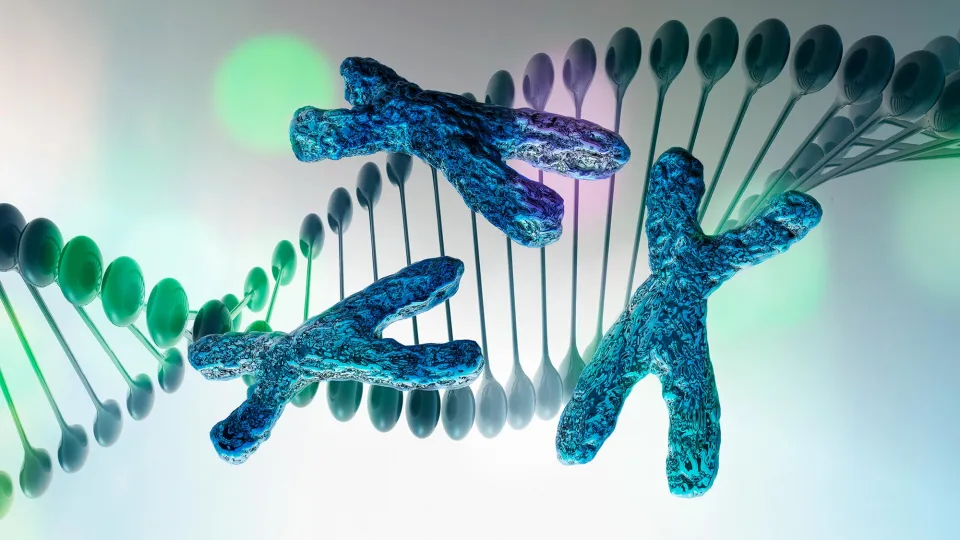News Brief
Novel Immunotherapy Target for Breast Cancer
December 20, 2023
Although immune checkpoint inhibitors (ICIs) such as KEYTRUDA and OPDIVO represent a major advance in cancer treatment, many patients with highly aggressive triple-negative breast cancer don’t benefit from ICIs now available.
In a new study published online on November 13 in Developmental Cell, Wenjun Guo, Ph.D., Xingxing Zang, Ph.D., and colleagues identified a novel immunosuppressive mechanism, used by de-differentiated stem-like tumor cells, that may account for breast-tumor resistance to ICI treatment. They found that the transcription factor SOX9 causes numerous copies of the protein B7x to sprout on the surface of stem-like tumor cells. B7x is a “checkpoint” protein that—by binding to and stimulating inhibitory receptors on immune cells—prevents those cells from attacking stem-like tumor cells. As a result, pre-malignant lesions are able to progress to aggressive and invasive cancer. In experiments involving mouse models resembling highly aggressive triple-negative breast cancer, the researchers found that therapeutically inhibiting B7x protein suppressed tumor growth and greatly improved the effectiveness of ICIs approved for breast cancer patients. The findings suggest that targeting the SOX9-B7x pathway could significantly improve breast cancer treatment.
Dr. Guo is professor of cell biology and a member of the Ruth L. and David S. Gottesman Institute for Stem Cell Research and Regenerative Medicine at Einstein, and a member of the National Cancer Institute–designated Montefiore Einstein Comprehensive Cancer Center. Dr. Zang is professor of microbiology & immunology, of oncology, of medicine, and of urology, is the Louis Goldstein Swan Chair in Cancer Research at Einstein, and a member of the National Cancer Institute–designated Montefiore Einstein Comprehensive Cancer Center.



